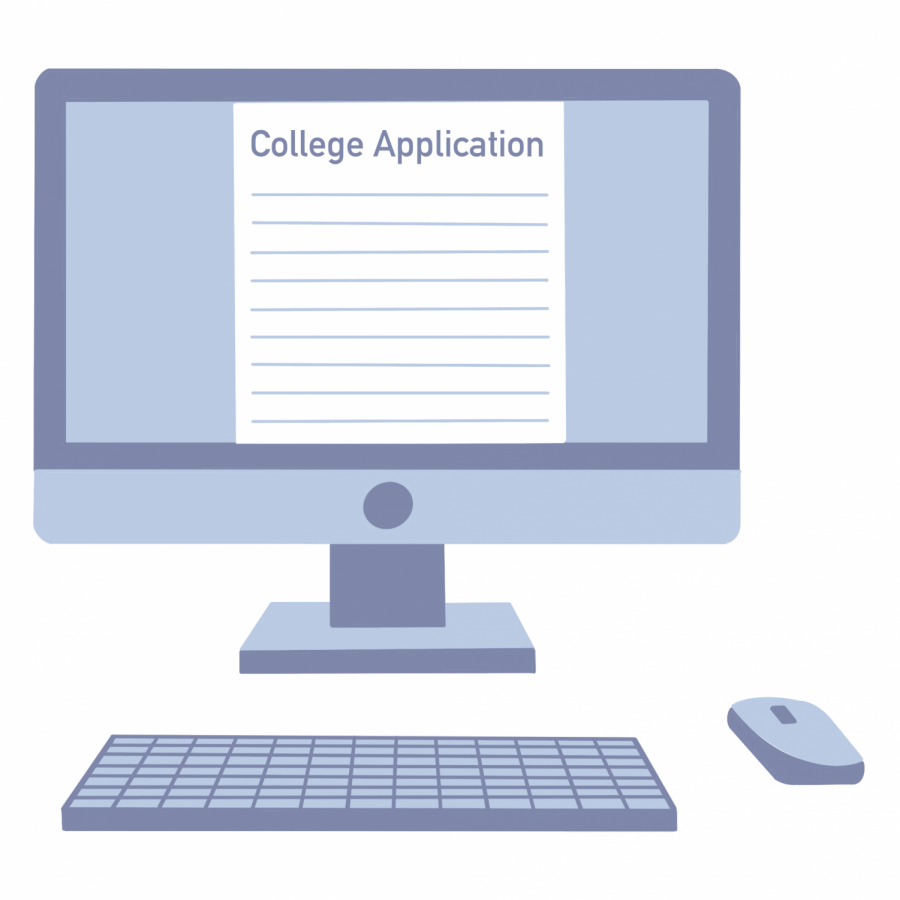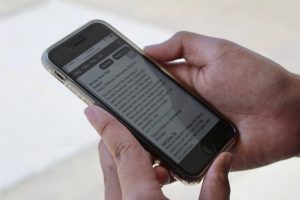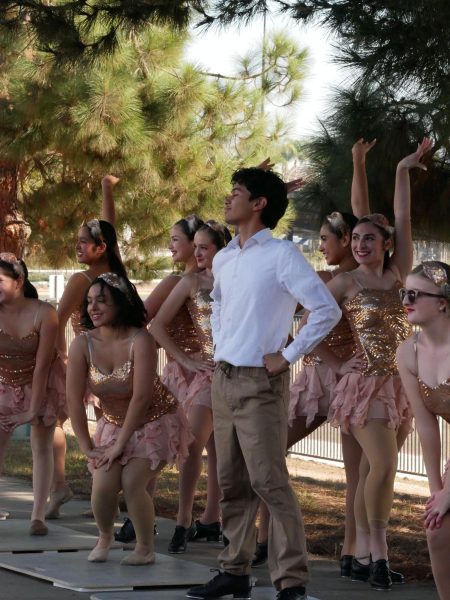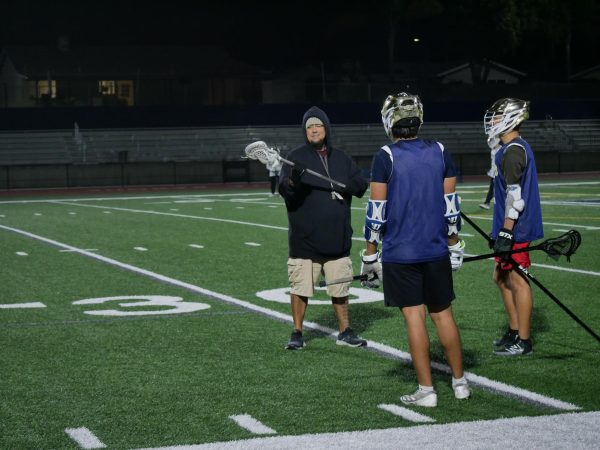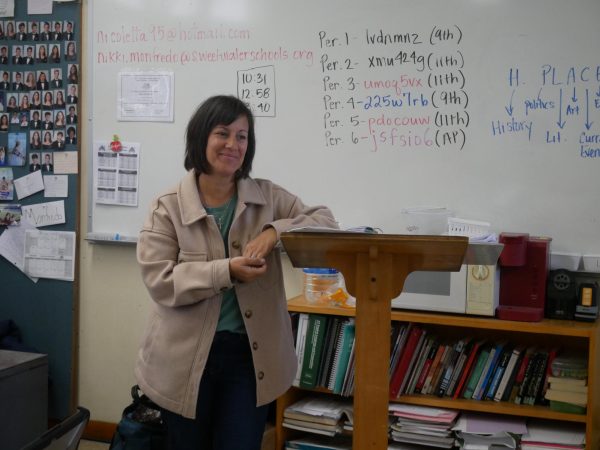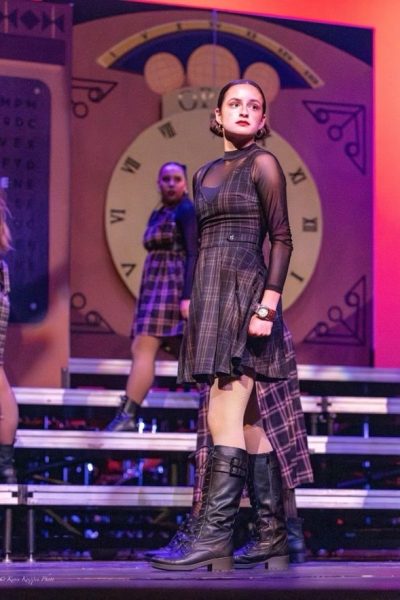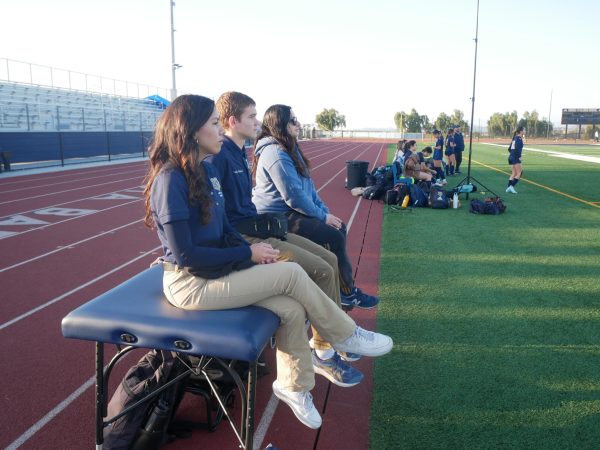College planning during a pandemic
BVH students prepare for college amid COVID-19
Applying to colleges under COVID-19 is the same process as previous years. Students primarily rely on applying to colleges online.
Every fall, Bonita Vista High (BVH) seniors find themselves preoccupied with their college application process, preparing their personal statements and filling out information for their chosen universities and colleges. Before the COVID-19 pandemic, BVH counselors held workshops during lunch or after school at the Counseling Center or at computer labs to help seniors fill out their college applications and college-related documents such as the Free Application for Federal Student Aid (FAFSA). Amid the new circumstances of applying to college, BVH students have adapted to the changes brought on by the pandemic.
On Nov. 24, the Sweetwater Union High School District (SUHSD) announced the continuation of distance learning and declared no specific date for further reopening. Due to lockdown and distance learning, BVH seniors no longer have the privilege of working closely with their counselors and teachers.
“The application process itself is very similar to what it would be like to apply under regular circumstances. [However, not] being able to just walk up to the counselors’ office and ask questions [and] [instead] having to write an email, with some counselors not responding, has been challenging. [It’s] so much easier in-person,” senior Derek Czapek said. “[Students] have better access to teachers [during in-person school] and can ask for letters of recommendation; I think [many] teachers [consider] asking [for] them in-person more professional or heartfelt.”
BVH Counselor Lorena Mata agrees with Czapek that the process of applying to college hasn’t changed drastically. Furthermore, despite distance learning, BVH counselors continue to help students through the learning platform Google Classroom, where they post information, support videos or links to college announcements and resources.
“With the pandemic, there are more resources. The University of California (UC) and the California State University (CSU) [systems] did a ton of workshops where [students] can [watch] video recordings,” Mata said. “I think the silver lining has been that a lot of the UC’s and the CSU’s have really stepped up and given more support [to students].”
However, Czapek says that there is a greater focus on resources for applying to UC’s and CSU’s in the BVH community and there is “definitely a lack of resources for elite institutions.” He believes BVH counselors should provide more resources on personal statements and other elements important to elite universities.
“[Counselors] give really [inadequate] advice for private institutions. I think that harms the potential for students to get into those elite institutions, especially since in other high schools, they do give them the resources that those colleges are looking for,” Czapek said.
Junior Xavier Millan expresses how the pandemic has not shifted his plans to apply to college, as he would have taken a more independent approach. In addition, he thinks it would be helpful if counselors took a more personal approach to help students, instead of being so general. Millan says that every student is different and has different needs.
“I personally don’t want to be rude to the counselors, but they are overloaded and don’t have time to be the most helpful,” Millan said. “Therefore, I feel [that] it’s better to do it myself, and I would probably be more productive.”
Mata understands students’ concerns but notes that counselors are also struggling with distance learning, as many face personal distractions while working at home. Mata asks for students’ consideration and understanding of the current situation.
“Communication has been the most difficult, and [we must] understand that we’re all going through it. I have a little one in distance learning, so for me [to have] to juggle my appointments and my emails and then help him [her little one]: it’s hard,” Mata said. “I [want] students to remember and understand that their questions are valid and important. I’m sorry that I can’t get to [students’ emails and concerns] at that moment, but I promise I will.”
In addition, BVH counselors host a biweekly “college corner” for seniors to ask counselors questions in Zoom meetings after school on Thursdays and Fridays.
“[College corner has] worked out pretty well. If [students] have personal things to talk about [in regards to their] application, we’ll go to [a separate] breakout room,” Mata said. “We always have about two or three counselors, so that was always nice, but not being available right then and there [to help students] is the difficult part.”
Other than receiving support from BVH counselors, Czapek and senior Gerardo Gonzalez Martinez recognize the resources their teachers provide for them. For instance, some teachers made themselves available for students to ask questions and or receive help on their personal statements in Google Meet sessions.
Moreover, both Czapek and Gonzalez Martinez are students in International Baccalaureate (IB) English Higher Level (HL) 2 teacher Eric Helle’s IB English class. Czapek and Gonzalez Martinez describe how Helle mimics the college application process by organizing what is known as “Helle University.” Helle makes it an assignment for his senior students in his IB English classes to apply to their college by writing essays and having workshops where students read, take notes, ask any questions and get feedback on their essays from fellow classmates.
“[Helle is] essentially acting as a school and is looking over [students’] essays and accepting or rejecting [them] very rigorously,” Gonzalez Martinez said. “I did go through that experience and personally, Mr. Helle accepted my essay. I see a great benefit from the writing workshops because my first draft would probably not have been accepted, either by a real school or just by Mr. Helle. I noticed the big impact there even if I’m not going to get anything out of it since I’m not sending this essay off.”
English 10 Accelerated, IB Theory of Knowledge and IB English HL 1 teacher Kalie Espinoza notices how students are struggling more than ever with balance during senior year, and she recognizes how it has been “especially difficult.” To support students, the IB program had virtual calls to help seniors through their college applications.
“Within the IB program, there’s been a concerted effort to support students. Mr. Phelps held ‘college app virtual calls’ for students to work on their apps and ask questions. English teachers set aside time to meet with students about college essays. We also try to schedule deadlines to not coincide with some of the most common deadlines for college applicants,” Espinoza said.
According to Czapek, the COVID-19 pandemic did not impact his decision to attend college or a four-year university. Czapek says that it’s always been a long-term goal of his to attend college, but he also removed a few colleges off his list due to the extra workload of applying to more colleges. Similar to Czapek, for Gonzalez Martinez, the lockdown did not change his college or career plans but made him “re-evaluate” his decisions.
“No one wants their college years to be spent in front of a laptop. College symbolizes gaining independence, talking to your teachers one-on-one, getting that network started with classmates, teachers and alumni and starting to reach out for internship opportunities or job experience. Thinking that [students] would have to do that over distance learning is a scary thought,” Gonzalez Martinez said. “I don’t think I’ve changed my college plan; I still want to attend community college this fall and transfer to a four year [institution].”
According to Millan, distance learning has shifted his priorities. He is more focused on his extracurricular activities because some universities and colleges will not consider standardized test scores in admissions. Millan is trying to adapt and find his own personality to show college admissions officers.
“I feel like this year it’s gonna be less focused on academics and more [so] the personal standpoint because there are fewer academic options due to distance learning. It’s not as rigorous of an environment because restrictions are being eased for [almost] every class. I feel like that’s the main difference,” Millan said.
Additionally, Millan explains how distance learning accommodated his extracurricular activities. He noticed how he does not have as much homework as before, and has more free time to ride his bicycle. Millan believes it has “been a way to cope with the pandemic,” which has helped him with his mental health.
“I can go [cycling] every day, which has been very nice instead of having to focus on two essays and my homework. It’s a much better use of time, and I feel like it will help on college applications. Knowing that everything is online due to distance learning and [college applications are] online has reduced my stress,” Millan said.
Millan mentions that the main benefit of having college applications online is the additional time. He’s been given more time to think about what makes him special and what he thinks will allow him to get accepted into a university.
“Extra time gave me a better idea of what I find important in people, know what they value more and have a better idea [of] what I’d like to do or hope to do for college applications,” Millan said.
As a graduating senior, Gonzalez Martinez advises current juniors to “trust the process” and take advantage of online resources that are available to them.
“There’s a lot of services, either from our school or available online to all students, that can guide you through what it looks like to apply [to a college or university], to fill out your FAFSA, to do the common application [and] to submit SAT scores,” Gonzalez Martinez said.
Mata reaffirms Gonzalez Martinez’s advice for incoming seniors. She reminds students to start their college exploration early and assures students that counselors will continue to support them.
“Don’t be scared because we will help you through the process. Start thinking about it now, narrowing down where you are thinking about applying, getting an idea of what you need and thinking of teachers from who you want a recommendation letter,” Mata said. “Now is just the brainstorming process as a junior, and then comes senior year: we’ll be full-on [in terms of application to colleges and universities] but now’s the time [to start preparing].”
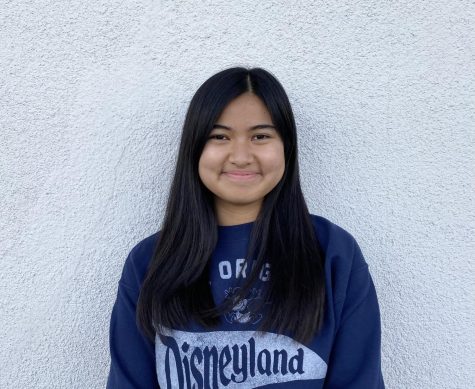
I am a senior at Bonita Vista High and a third year staff member on the Crusader. This year, I am co-Editor-in-Chief, and previously was Opinion Editor...
I am a junior at Bonita Vista High, and a second year staff member on the Crusader. I love being able to meet new people, and having conversations with...

